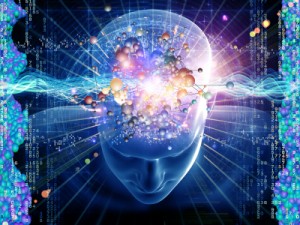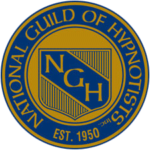
What Is Energy Psychology?
Energy psychology (EP) is a collection of mind-body approaches for understanding and improving human functioning. EP focuses on the relationship between thoughts, emotions, sensations, and behaviors, and known bioenergy systems (such as meridians and the biofield). These systems and processes exist, and interact, within individuals and between people. They are also influenced by cultural and environmental factors.
Within an EP framework, emotional and physical issues are seen, and treated, as bio-energetic patterns within a mind-body-energy system. The mind and body are thought to be interwoven and interactive within this mind-body-energy system, which involves complex communication involving neurobiological processes, innate electrophysiology, psychoneuroimmunology (PNI), consciousness, and cognitive-behavioral-emotional patterns.
The use of EP has resulted in the development of associated methods and models to treat psychological and emotional problems, facilitate health and wellbeing, and improve human performance. These models and methods are usually used within an integrative or holistic approach to practices such as psychotherapy, counseling, coaching, integrative medicine, and other healing modalities.
Applications of Energy Psychology
EP applications incorporate natural energetic components into the treatment process that include, but are not limited to, meridians, chakras, biofields, and bio-electrical and electromagnetic activity of the body, the nervous system and the heart. EP practitioners often combine cognitive and physical interventions with activation of one or more of the human bio-energy systems. Some practitioners focus on the way in which thought and intention are expressed in the bioenergy system, and explore the therapeutic value of precise use of language and congruent intention. EP approaches adapt and integrate easily into most psychotherapy models, healthcare orientations, and models of performance enhancement. EP approaches are often exceedingly rapid, have little to no adverse effects, are usually experienced as self-empowering by clients and patients, and are easily amenable to self-help protocols.
In the clinical world, EP models have been beneficially applied to assessment and treatment of trauma, anxiety, depression, pain, stress, psychophysiological issues, and self-sabotaging behaviors by a broad range of healthcare providers, to regulate affect and promote emotional and physical health. Treatment results have been shown to be enduring and relatively rapid. There are currently over 60 research studies, including multiple Randomized Controlled Trials (RCT) published in professional and refereed journals, confirming the treatment value of EP. Taken as a body of knowledge, these findings suggest that EP meets the criteria for evidenced-based treatment.
In the coaching and performance world, EP models have been beneficially applied in many areas of performance enhancement including sports, education, business, and lifestyle issues related to weight management, relationships, and finance
How can EP help me?
Feeling stuck even after traditional therapy? Are you ready to live with less stress, limitation and fear?
Energy psychology methods gently and swiftly release traumatic events that are frozen in time in the body-mind system.
The Growth of EP: Integrating EP into Multiple Areas of Application
Historically, EP methods integrate concepts and techniques from related fields, including acupuncture meridian theory, neuroscience, physics/quantum mechanics, biology, medicine, chiropractic, and psychology to facilitate change. Since the 1970s, these methods have been further developed, refined, and supported via clinical experience and research across multiple areas of application. For example, EP methods have been beneficially integrated into the psychotherapy process, nursing, medicine, coaching, athletics, and education.
source: http://www.energypsych.org
Ethan Wise is a member of the Association for Comprehensive Energy Psychology (ACEP)
Energy psychology resources (link)







